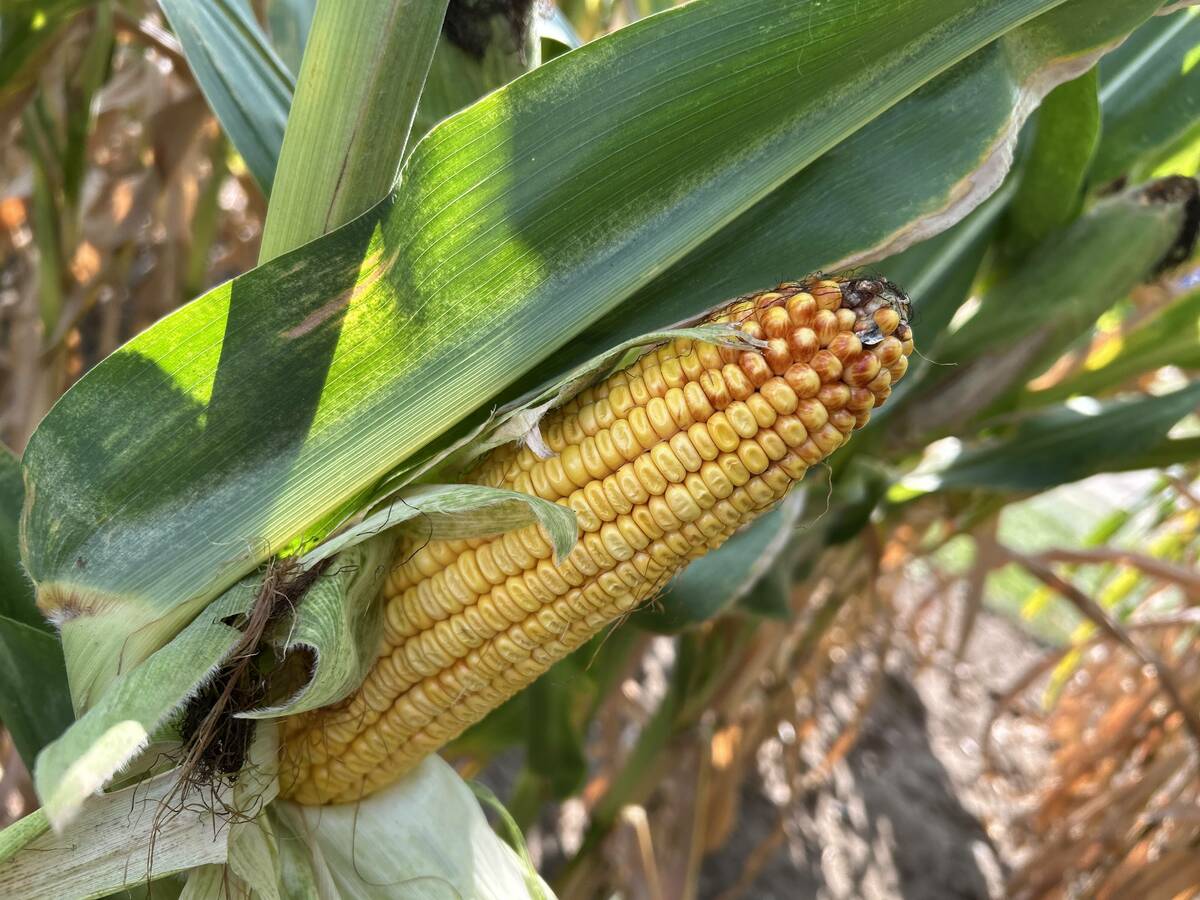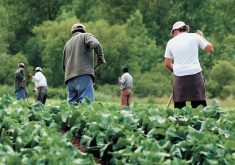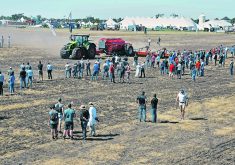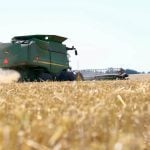Alberta has a boatload of potatoes in storage.
As of June 1, stocks of processing potatoes in Alberta were 5.37 million hundredweight, which is 37.2 percent higher than the three year average for stockpiles in early June.
Spuds have piled up in Alberta because french fry consumption has collapsed over the last two and a half months, thanks to COVID-19 forcing restaurants to close across North America or only offer drive-through service.
The companies that turn potatoes into french fries, such as Cavendish Foods and McCain Foods, had to cut or stop production because their freezers were full of frozen potato products.
Read Also

Crop estimates show mixed results
Model-based estimates used by Statistics Canada showed the 2025/26 crop year has seen increases in canola, corn for grain, oats and lentils production while seeing dips in spring wheat, durum wheat, soybeans and barley in comparison to 2024/25.
The production cuts affected growers, who now have more potatoes in storage.
Processing potato stocks in Canada were at 17.9 million cwt. June 1, based on data from United Potato Growers of Canada.
That’s 14.4 percent higher than the three-year average.
“Although the COVID-19 pandemic has had an effect on all sectors, the usage decline was most dramatic in processing, as sit-down portions of quick service and fast casual restaurants were closed,” the organization said in its storage holdings report.
It’s been a gloomy few months for potato growers and processing companies, but there are positive signs in the restaurant trade. COVID-19 restrictions are being relaxed or have been lifted in many states and provinces.
“In recent days, french fry sales seem to have begun their climb back upwards as restaurants begin to open,” United Potato Growers said.
“And fryers (processors) advise their contract growers they may need more raw product than what they had indicated a month earlier.”
Two months ago, potato acres were on track to drop significantly in Canada, perhaps by 20 percent, as the industry adjusted to weak french fry demand and more potatoes in storage.
Data released in late May suggests acreage will still drop, but in certain provinces the decline will be less than expected.
In Manitoba, acreage may only decline by 2,000, United Potato Growers said in a planting report.
McCain, which has processing plants in Carberry, Man., and Portage la Prairie, Man., was planning to cut acres by 16 percent, but it restored three percent of acres during seeding. Simplot was also planning to reduce acreage by nine percent in Manitoba, but the company offered six percent back during seeding.
Manitoba has less of a problem with stocks because the 2019 crop was much smaller than expected. Rain, snow and frozen soil made life difficult for potato growers last fall. About 12,000 acres were not harvested in Manitoba.
In Alberta, the acreage cut could be more dramatic because processors need to work through the stockpile of 2019 potatoes.
Processing acres in the province could be 10,000 fewer than 2019, United Potato Growers said.
In 2019, Alberta had 61,000 acres of process potatoes.
In Prince Edward Island, acres could be down by 10 percent — or 8,500 fewer acres — compared to last year.
















